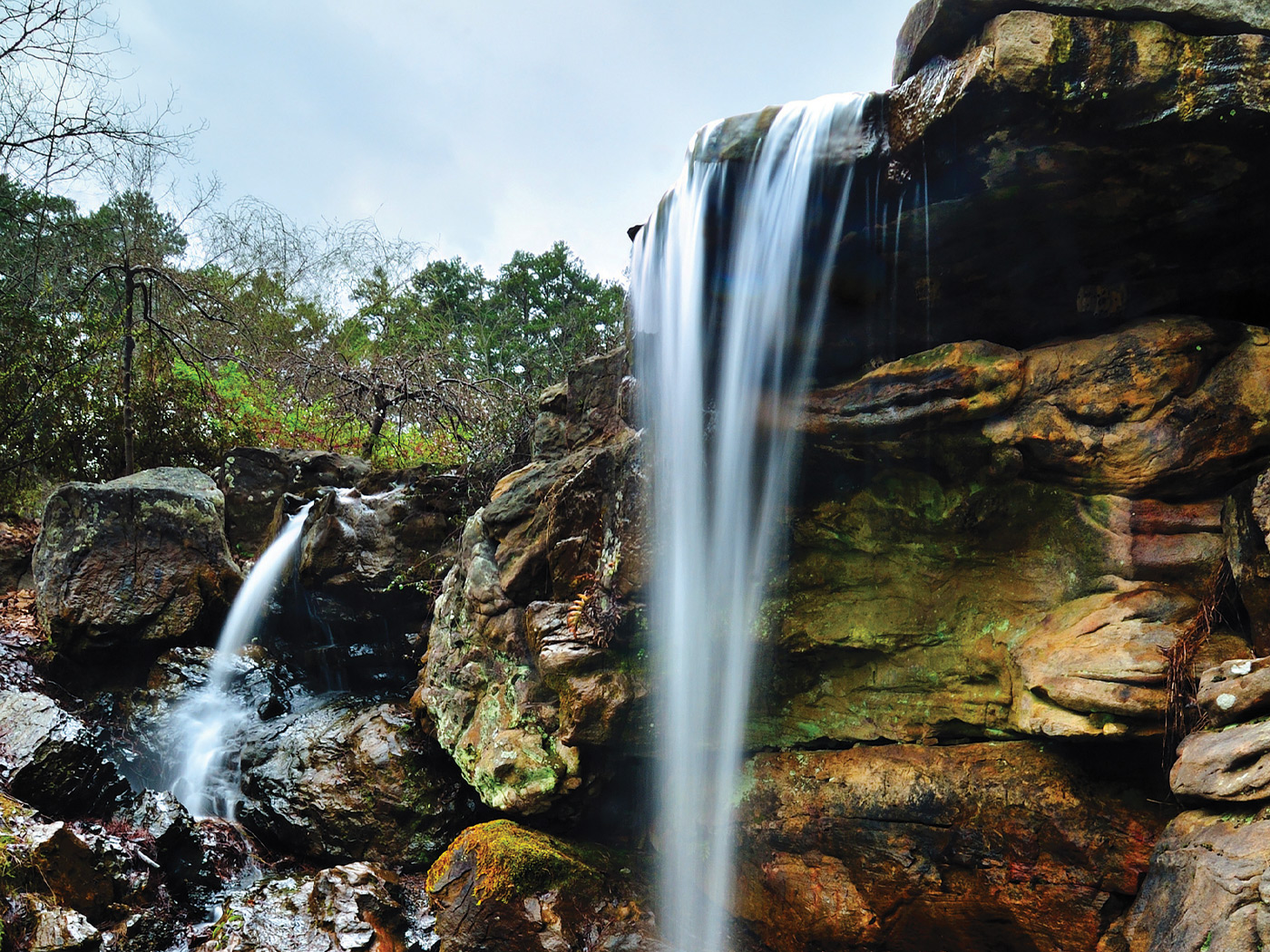RATE II: Radioisotopes and the Age of The Earth: Results of a Young-Earth Creationist Research Initiative, (Volume II), L. Vardiman et al., eds. (San Diego, CA: Institute for Creation Research and the Creation Research Society, 2005)
Abstract
Experiments sponsored by RATE show that helium leakage deflates long half-life radioisotopic ages. In 1982 Robert Gentry found amazingly high retentions of nuclear-decay-generated helium (He) in microscopic zircons (ZrSiO4 crystals) recovered from a borehole in hot Precambrian granitic rock at Fenton Hill, New Mexico. In 2001 RATE contracted with a high-precision laboratory to measure the rate of He diffusion out of the zircons. The measured rates resoundingly confirm a numerical prediction we made based on the reported retentions and a young age. Combining rates and retentions gives a He diffusion age of 6000±2000 (1σ) years. This contradicts the uniformitarian age of 1.5 billion years based on nuclear decay products in the same zircons. These data strongly support our hypothesis of episodes of highly accelerated nuclear decay occurring within thousands of years ago. Such accelerations shrink the radioisotopic “billions of years” down to the 6000-year timescale of the Bible. In section 13 I discuss, in the light of our diffusion data, one of the problems for the accelerated decay hypothesis, disposal of excess radiogenic heat. Appendices A–C present details of our experimental data. Appendix D is an extensive answer to a critic of this work.
Keywords
helium diffusion, zircons, nuclear decay, RATE II
For Full Text
Please see the Download PDF link above for the entire article.













